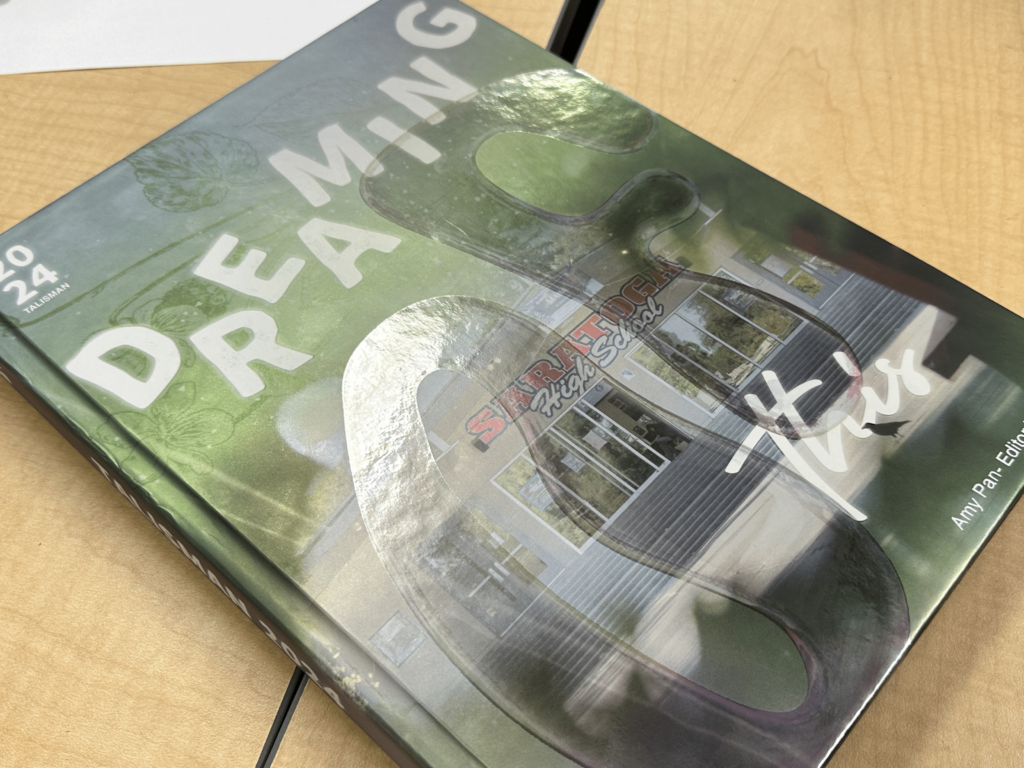The fate of the California budget will rest in the hands of voters as Propositions 1A-F are on the ballot for a state-wide special election on May 19. Gov. Arnold Schwarzenegger, along with the State Legislature, authorized these elections as part of a budget signed into law on Feb. 19.
Failure to pass any one of the first five propositions will have a direct effect on the state budget and result in a budget hole that the governor and legislators will need to fix, while failure to pass the sixth proposition will not directly impact the state budget, said district superintendent Cary Matsuoka.
The first three propositions are the heart of the financial package, according to the San Jose Mercury News. Proposition 1A asks for constraints on state spending, 1B shifts money to schools and education and 1C borrows $5 billion from future lottery earnings.
“As the state budget is still tenuous, we are operating conservatively with our case and budget decisions,” said Matsuoka.
However, as the district continues to manage this school year and plan for the next, the stability of the district’s funding will prevent any significant changes in Saratoga and Los Gatos High classrooms. This is due to still high property tax assessments for this school year as well as the relatively low foreclosure rates in the community.
“Barring any new bad news,” said Matsuoka, “we believe we will be able to build a balanced budget for next year without significant changes to our programs and staffing.”
For this school year, the state budget is imposing a 15 percent cut across most categorically funded programs in all school districts. Categorical funds help pay for class size reduction, school improvement funds, guidance counselors and instructional materials. In order to help alleviate the burden this may cause for many schools, the state will be giving districts unprecedented flexibility in how these funds are used.
A preliminary analysis shows a $323,000 cut for SHS this school year. Matsuoka said this can be overcome by reducing spending and using the district’s remaining unspent categorical funds to deal with the mid-year cuts. A current spending freeze on these funds has limited approvals for needs and projects for the remainder of this school year, he said.
“We need to conserve cash as much as possible to deal with the uncertainties of the future,” said Matsuoka.
For the ‘09-10 school year, there will also be an additional 5 percent to 20 percent increase in cuts to categorical funds. There may also be a moderating of property tax values, Matsuoka said.
With the county assessor projecting a slower growth in property tax collections from 5.6 percent this year to 3.5 percent next year, the district has estimated a $439,000 cut for next school year, although the process of interpreting and calculating the total cuts necessary is still in progress. According to Matsuoka, the district will continue with their strategy of conservative spending of categorical funds and taking advantage of the flexibility in using them.


























